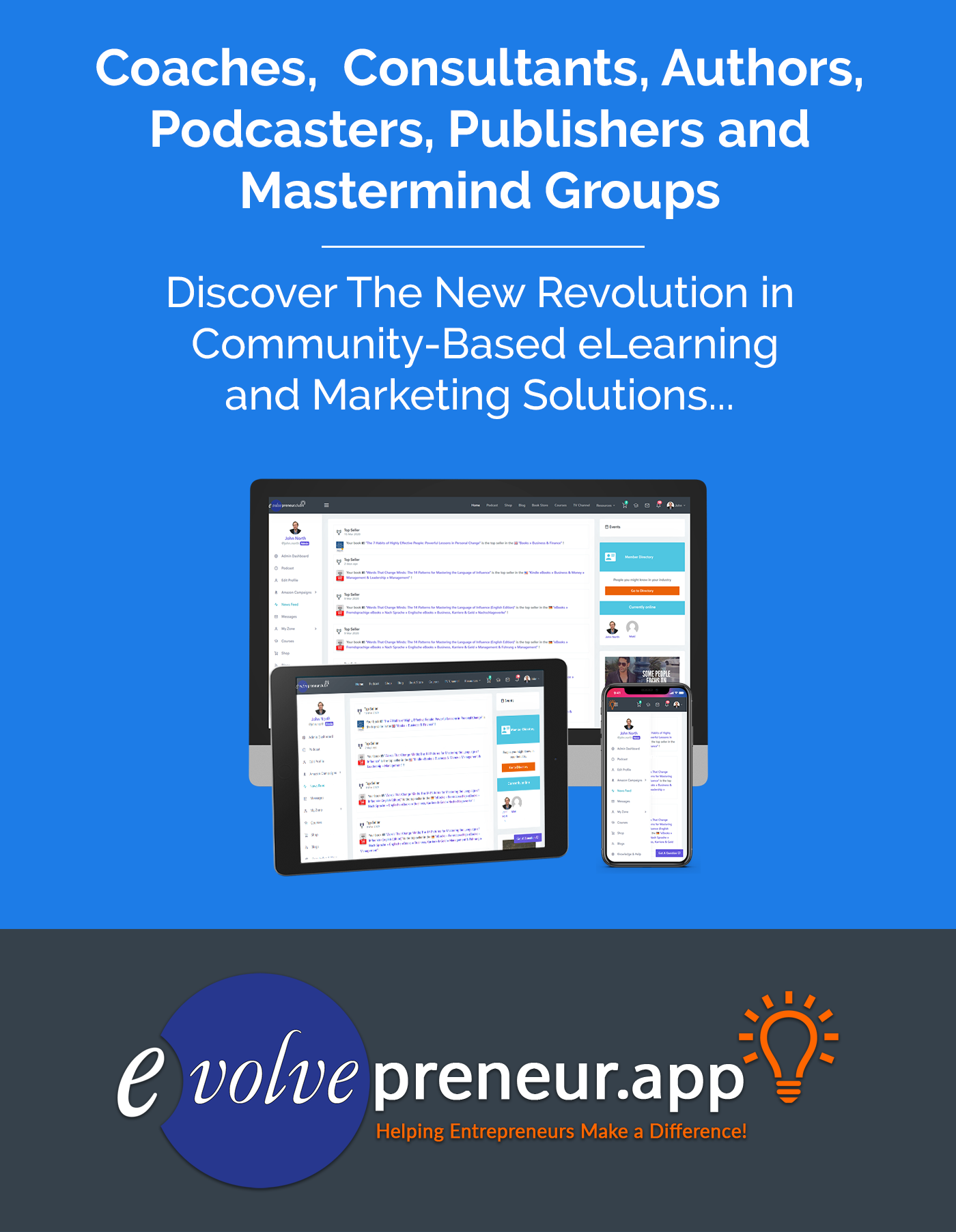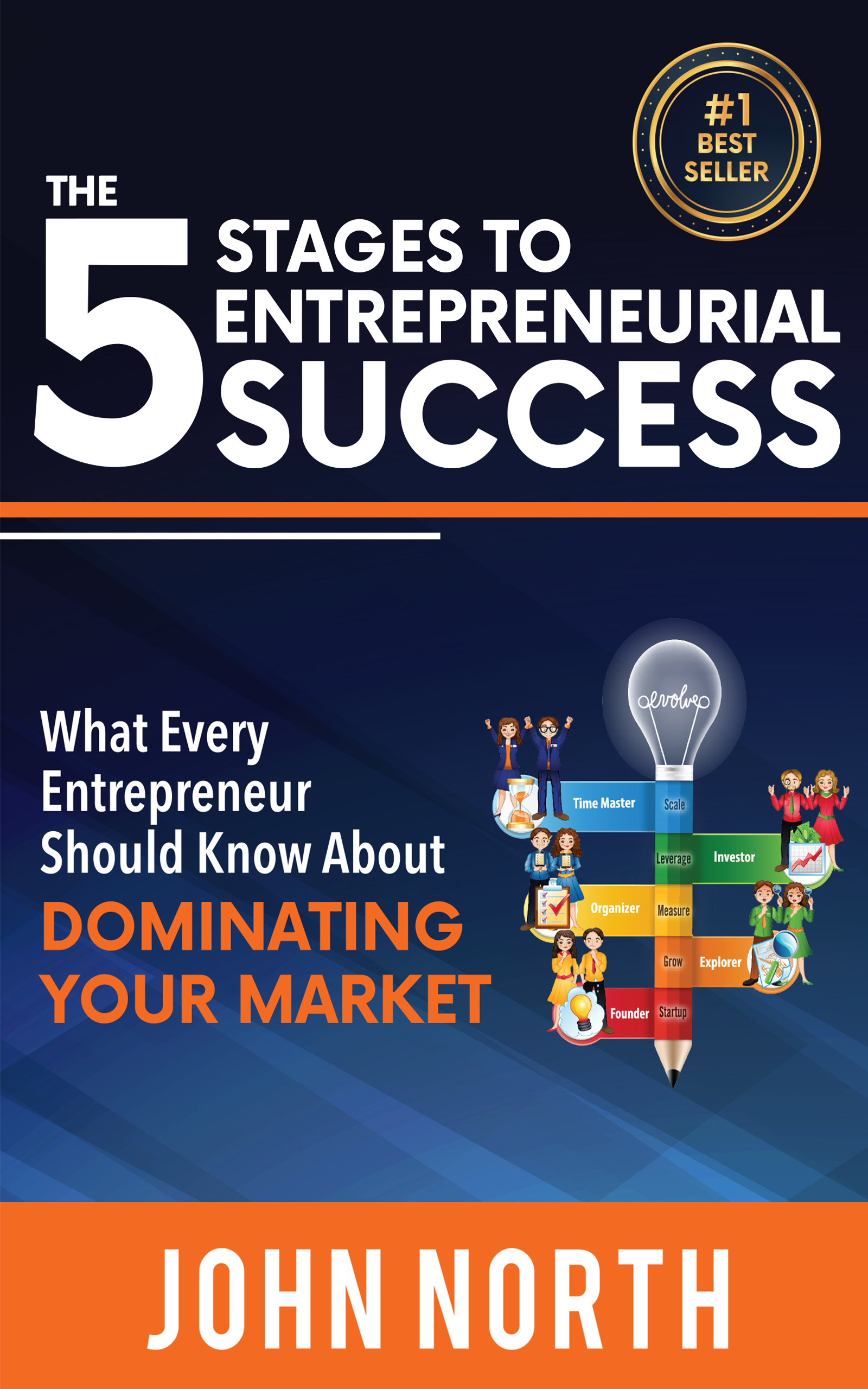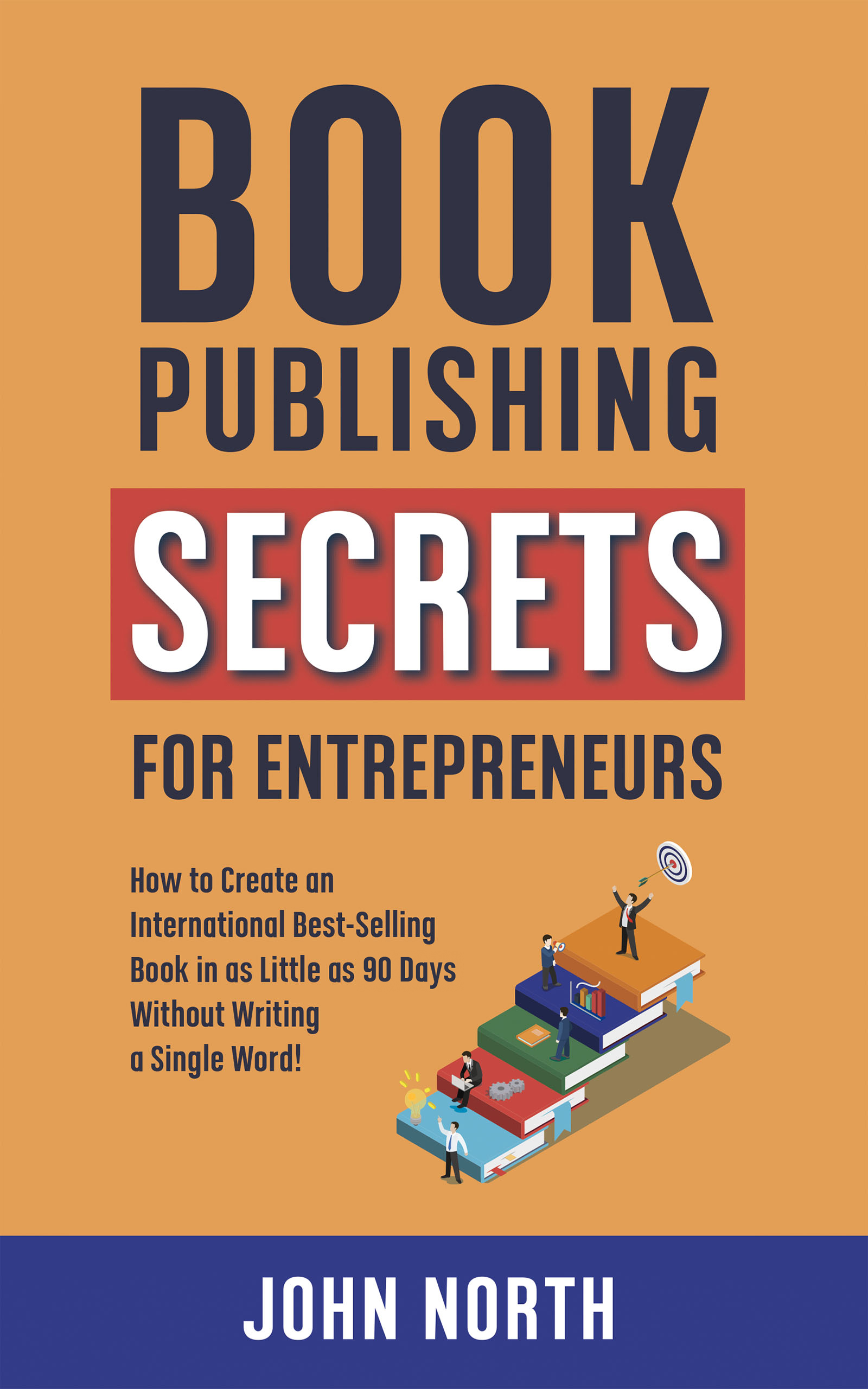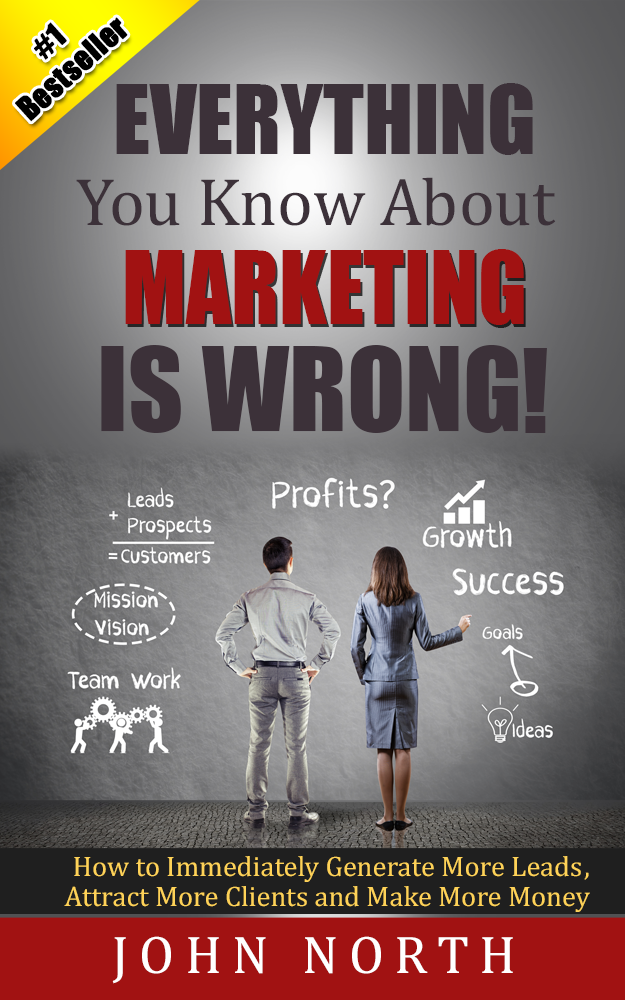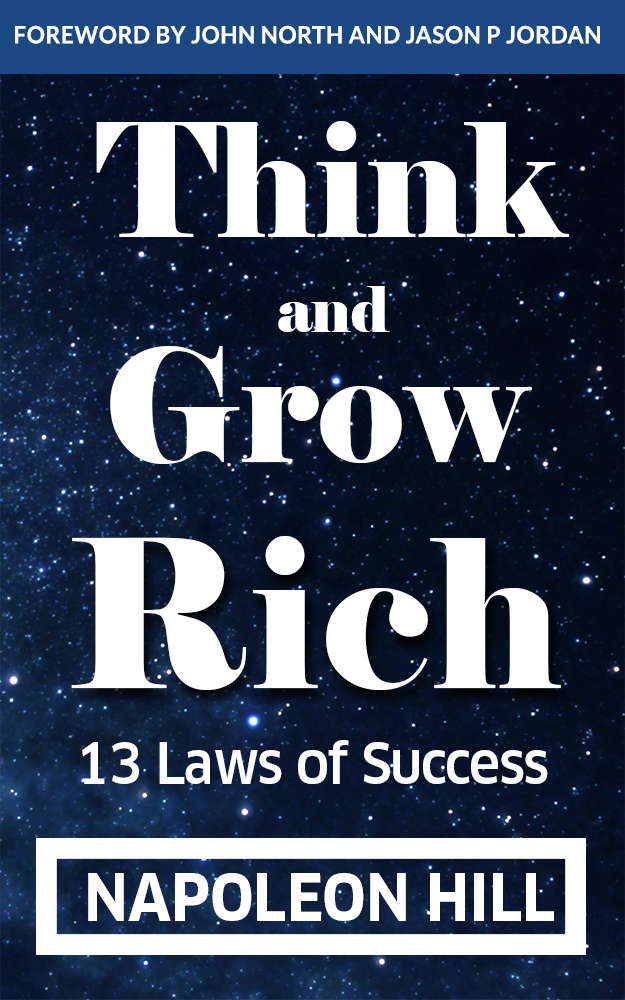Book Publishing Secrets for Entrepreneurs
Author: John North
GRAB A COPY HERE: https://evolveglobalpublishing.com/show-book/B07NJ9G9VC
This book provides a step-by-step guide for entrepreneurs to write, publish, and market a best-selling book in 90 days, leveraging the process to establish authority and generate business leads.
Key Ideas & Facts:
1. Why Write a Book?
- Establish Authority: "A book is an instant expert authority booster for you and your business." It showcases your expertise and positions you as a thought leader in your industry.
- Generate Leads and Sales: A book serves as a powerful lead generator and marketing tool, attracting new clients and driving sales for your products or services.
- Build Credibility: "Imagine showing up to your next sales meeting and handing a personally-signed book to your prospect." A book instantly boosts your credibility and sets you apart from competitors.
2. Types of Books:
- Legacy Book: Focuses on the author's personal journey and experiences. Best suited for individuals with an existing community or following.
- Logic Book: Leverages the author's knowledge and expertise to provide valuable information to the reader. Easier to write and market, with a higher chance of success.
- Hybrid Book: Combines elements of both legacy and logic books, often starting with a personal story and transitioning into practical advice and insights.
3. The 5-Step Book Creation System:
- Step 1: Designing Your Book: Determine your book's purpose, target audience, key message, and structure.
- Step 2: Creating Your Book: Develop your content, write chapter outlines, and leverage existing assets like presentations and articles.
- Step 3: Publishing Your Book: Choose between traditional publishing, self-publishing, or hybrid publishing based on your goals and resources.
- Step 4: Promoting Your Book: Develop a marketing plan, utilize pre-orders, run an international best-seller campaign, and leverage Amazon categories strategically.
- Step 5: Evolving Your Book: Utilize your book to expand your business, develop courses and membership programs, and continue building your authority.
4. Key Takeaways:
- Focus on the Reader: Write for your ideal client, addressing their needs and desires.
- Develop a Strong Marketing Plan: Start marketing your book before it’s published, building anticipation and generating pre-orders.
- Utilize Calls-to-Action: Encourage readers to engage with your business by providing clear calls-to-action throughout your book.
- Leverage Online Platforms: Utilize social media, email marketing, and online bookstores to reach a wider audience.
- Continuously Evolve: Don't stop at publishing; leverage your book to create additional income streams and expand your business.
Important Quotes:
- "Authors are always better-paid than writers!"
- "What if we said you can create a book in as little as 90 days without ever actually writing a single word?"
- "Also, did you know that the word “author” is actually short for “AUTHORITY”?"
- "Amazon has observed that the more pages a book has, the less likely it is a reader will finish the book."
- "Don’t edit as you go. There is a time and a place for it, and that isn’t the first draft."
Overall Impression:
This book offers a comprehensive and practical approach to book publishing, specifically tailored for entrepreneurs looking to leverage a book to grow their business. The author's emphasis on speed, clarity, and strategic marketing provides readers with actionable steps to navigate the publishing process successfully. While the 90-day timeframe may seem ambitious, the book's systematic approach and wealth of resources equip entrepreneurs with the tools to achieve their publishing goals and establish themselves as authorities in their respective fields.
FAQ: Self-Publishing for Entrepreneurs
1. Why should I write a book as an entrepreneur?
Writing a book offers numerous benefits for entrepreneurs, including:
- Establishing Authority: A book instantly positions you as an expert in your field, showcasing your knowledge and experience.
- Generating Leads and Sales: A book acts as a powerful lead magnet, attracting potential clients and driving sales for your products or services.
- Building Credibility and Trust: A published book lends credibility to your brand, making it easier to build trust with potential clients and partners.
- Creating Multiple Income Streams: Your book can generate income through sales, speaking engagements, consulting opportunities, and more.
- Boosting Your Brand and Visibility: A book provides a platform to share your message, reach a wider audience, and enhance your brand's visibility.
2. What kind of book should I write?
There are two main types of books for entrepreneurs:
- Legacy Book: Focuses on your personal story, journey, and lessons learned. It's great for building a personal brand and establishing your expertise.
- Logic Book: Centers around your knowledge, expertise, and providing practical advice or solutions to a specific problem. It's ideal for attracting clients and generating leads.
You can also combine both approaches, starting with your personal story and then transitioning into practical advice and insights.
3. How long should my book be?
The ideal length of your book depends on your goals and target audience. While there are successful books of all lengths, shorter books (50-180 pages) are often more digestible and have a higher completion rate on platforms like Amazon.
4. What is an ISBN and how do I get one?
An ISBN (International Standard Book Number) is a unique identifier assigned to each edition and variation of a book. You need an ISBN to sell your book through retailers and online platforms.
You can purchase ISBNs from organizations like Bowker or obtain free ISBNs from some self-publishing platforms like Amazon. However, using a free ISBN from a platform means they will be listed as the publisher of your book.
5. What are the benefits of self-publishing my book?
Self-publishing offers several advantages, including:
- Control: You have complete control over the content, cover design, pricing, and marketing of your book.
- Royalties: You keep a larger share of the profits compared to traditional publishing.
- Speed: You can publish your book much faster than going through a traditional publisher.
- Flexibility: You can update and revise your book as needed.
6. How do I create a successful book launch?
A successful book launch requires a strategic marketing plan, including:
- Building an Email List: Collect email addresses of potential readers interested in your book's topic.
- Pre-Launch Promotion: Generate buzz and excitement by sharing teasers, excerpts, and behind-the-scenes content.
- Launch Day Strategy: Offer limited-time discounts, run ads, and leverage social media to drive sales.
- Early Reviews: Encourage early readers to leave reviews on Amazon and other platforms.
- Leveraging Your Network: Reach out to your network, partners, and influencers to help spread the word.
7. How can I promote my book after the launch?
Post-launch promotion is crucial for sustained book sales. Here are some strategies:
- Social Media Marketing: Share engaging content, run giveaways, and interact with your audience.
- Guest Blogging: Write guest posts for relevant blogs and websites to reach a wider audience.
- Podcast Interviews: Appear as a guest on podcasts related to your book's topic.
- Email Marketing: Nurture your email list with valuable content and promote your book regularly.
- Paid Advertising: Consider running targeted ads on Amazon, Facebook, and other platforms.
8. How can I turn my book into more than just a book?
Your book can be the foundation for various income streams and opportunities:
- Online Courses: Develop online courses based on the content of your book.
- Speaking Engagements: Use your book as a platform to secure speaking engagements.
- Consulting Services: Offer consulting services related to your book's topic.
- Membership Programs: Create a membership community around your book's content.
- Mastermind Groups: Facilitate mastermind groups for readers to connect and implement your book's ideas.




